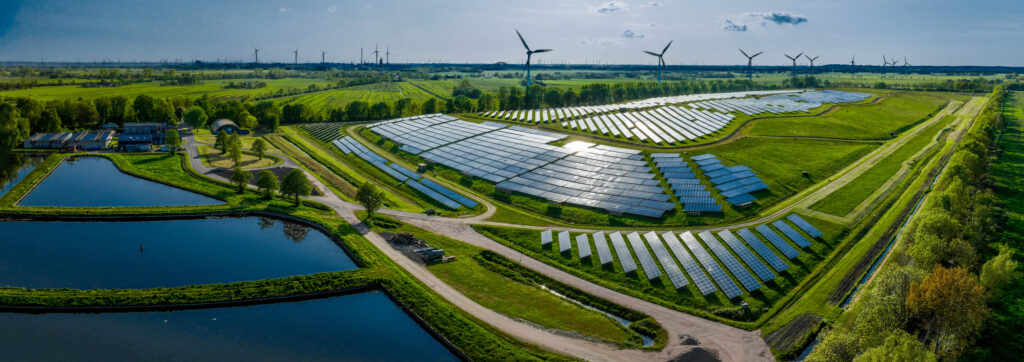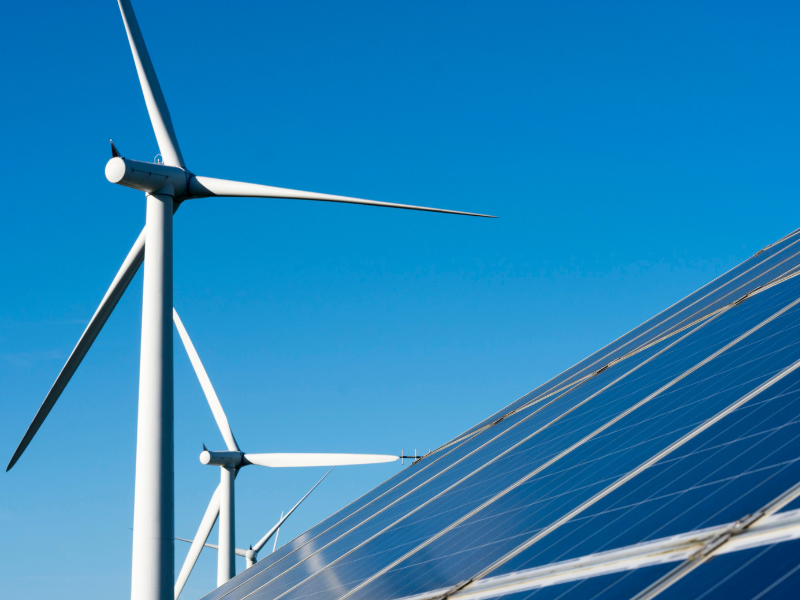The decision by San Francisco-based Bank of the West to divest itself from all businesses involved in the production, exploration, and distribution of coal, oil, and natural gas has angered elected officials in Wyoming and Colorado, where the bank has a longstanding presence and the fossil-fuel industry provides tens of thousands of jobs to local residents.
Wyoming Treasurer Mark Gordon lost little time in blasting Bank of the West’s early August decision, taking swift action to penalize the financial institution for its anti-fossil-fuel policy.
Gordon noted Bank of the West had received $63 million in state government deposits over the years through Wyoming’s Time Deposit Open Account program, which circulates the state’s cash reserves to approved banks to use in providing loans to bank customers. Those days are over, announced Gordon, who has discretion over which banks participate in the system.
“The Bank of the West has said they will no longer fund coal, oil, and natural gas projects—key components to the Wyoming economy and Wyoming way of life,” Gordon said in an August 9 statement. “Well, under my watch, Wyoming investment dollars will not be placed with the Bank of the West.”
Denying Bank of the West the use of state Open Account funds could hamper the bank’s ability to offer loans to business owners in Wyoming, resulting in them going to other banks for loans.
‘Misguided and Politically Expedient’
Fossil fuels account for approximately one-quarter of Wyoming’s GDP and roughly 70 percent of the state’s tax revenues.
Sen. John Barrasso (R–WY) sent a letter to Bank of the West CEO Nandita Bakhshi denouncing the bank’s “misguided and politically expedient” policy directed against fossil-fuel companies and their employees.
“While it may be fashionable today in San Francisco to exclude states like Wyoming from your lending plan, it will do little to discourage us from pursuing our best future on our own terms,” Barrasso wrote in the August 8 letter.
Bank of the West, a subsidiary of French banking giant BNP Paribas, has about 600 branches in the West and Midwest, including 23 in Wyoming. The bank had previously adopted policies against financing Arctic drilling and investing in fracking, oil sands development in Alberta, and in utilities that generate more than 30 percent of their electricity from coal-fired power plants.
Counties Consider Following Suit
Officials in Wyoming’s Laramie and Sweetwater Counties and in Moffat County, Colorado say they are considering following Gordon’s lead and ending official business with Bank of the West.
Moffat County, Colorado has had its fill of Bank of the West, says County Commissioner Ray Beck.
“The Moffat County commissioners will not support organizations that don’t support our way of life,” said Beck. “The county’s ten top taxpayers are all energy-related, and a big chunk of our revenues comes from coal, oil, and gas exploration and production.
“If a company is going to adopt a policy against fossil fuels or the funding of fossil fuels, they should at the same time be converting their business to an alternative source of heat and electricity,” Beck said. “At the end of the day, like it or not, coal keeps the lights on.”
‘Bank Against the West’
The bank’s new lending policies are an affront to the people of the affected states, says Craig Rucker, executive director of the Committee for a Constructive Tomorrow. “For the sake of candor, Bank of the West should rename itself ‘Bank Against the West,” said Rucker. “For over 125 years, people whose livelihoods depended on the natural resources industry have been loyal customers of Bank of the West.
“Now run by foreign concerns and West Coast elites, the bank looks down its nose at hardworking, blue-collar folks in the very region whose coal, oil, and natural gas helped make the bank prosperous,” Rucker said. “It’s a real betrayal.”
Bonner R. Cohen, Ph.D. ([email protected]) is a senior fellow at the National Center for Public Policy Research.
Official Connections
Sen. John Barrasso (R–WY): https://www.barrasso.senate.gov/public/; https://www.barrasso.senate.gov/public/index.cfm/contact-form





